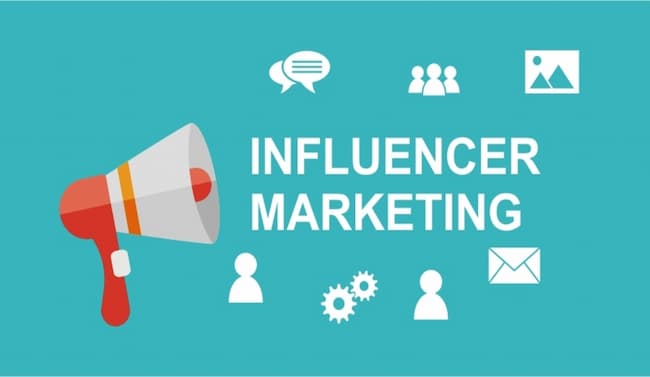By Adebayo Adebola
There are so many talking points already at the ongoing European Championship, Euro 2020, on and off the field. But one that clearly stands out, due to the absurd excitement it generated, is the one I’ll tag ‘Ronaldo and the 2 Bottles of Coke’.
At a pre-match press conference in Budapest at the championship, Cristiano Ronaldo removed two Coca-Cola bottles placed on the table before him and then picked up a bottled water, held it up and declared “Agua!”, Portuguese for water. The action clearly showed the Portugal captain’s preference. It is no surprise considering that Ronaldo is a renowned health fanatic.
The strange spin
However, that seemingly innocent action attracted wild reactions from the press, and the spin doctors were on hand to concoctexotic tales of what was and what wasn’t. The next day, splashed across newspaper headlines in Europe and other parts of the world was how Ronaldo’s action caused the market value of Coca-Cola to drop by $4 billion – yes, you heard right $4 billion! The share price was reported to have dropped from $242billion to $238 billion immediately after Ronaldo’s action.
READ ALSO: IPOB Leader, Nnamdi Kanu In DSS Detention Till July 26
“The value of Coca Cola fell in the region of four billion dollars after Cristiano Ronaldo disparagingly removed two bottles from their place at his press conference on Monday,” wrote Marca, a popular publication in Spain. Even the respected and usually thorough The Guardian of UK got caught up in the excitement when it ran with the headline “Cristiano Ronaldo snub wipes billions off Coca-Cola’s market value.”
However, the story about Ronaldo’s action crashing the soda giant’s share price is false; it’s deliberate disinformation; it’s fake news. It has since been shown that Coca-Cola’s market value did drop by $4 billion, but that happened a whole three (3) minutes before Ronaldo’s action at the press conference. The football superstar’s action played no part, at all, in Coca-Cola’s loss.
Influencers as power brokers
So, why was the media so anxious to establish a connection between the action and Coke’s market crash? Sensationalism, no doubt, sells. And this is particularly so when it involves two global giants, Coca-Cola and Ronaldo.
Ronaldo has over 500 million adoring followers on social media, many of whom will gladly replicate his lifestyle or mimic his actions. What this means is that the football star has the power to influence 500 million people. That’s the population of the US, Germany, Argentina, and Canada combined.
That’s the kind of awesome social equity and star influencepeople like Ronaldo, the Kardashians, Davido, etc have that make them such a gem to brands. Followers love, trust and respect their influencers. Indeed, therein lies the power of an influencer. Whatever he does seems hip and the followers are quite happy to do same. It’s such awesome power that marketing professionals and even sometimes PR practitioners exploit for their brand building activities.
Influencer marketing: new kid on the block
With traditional advertising looking so stone ageish, and story-telling and word-of-mouth now the key drivers of brand engagement, influencer marketing has become the new shining star and marketing professionals continue to milk it for what it’s worth. “Influencer marketing is insanely popular amongst brands in almost every industry. Probably because it can be very effective,” says Chris Kubbernus, CEO of Kubbco, a social media agency. A recent survey by Mediakix, an influencer marketing agency, showed that 90% of marketers prefer to use influencers to push their products. And for good reason. The Mediakix survey showed that “89% of marketers say influencer marketing ROI is as good or better than other marketing channels.”
The benefits an influencer affords a brand are numerous. Imagine a brand having access to the 500 million people, or even a fraction of that, within Ronaldo’s network. Or engaging Davido to market a product or brand. Influencer marketing equally affords brands the opportunity to engage a niche audience or change perceptions.
Nike, Hugo Boss, Adidas, Audible, Interswitch, Olam, etc are some of the global and local brands that continue to benefit enormously from influencer marketing. Even typically conservative industries like the financial services are now very bullish in tapping the influential marketing goldmine.
Head you win, tail, you…
However, it would seem that marketing professionals are putting too much of their marketing efforts on this channel to the exclusion of other effective marketing channels. As the survey by Mediakix has shown, 90% of marketers prefer to use influencers to push their products. This is clearly a case of putting one’s eggs in a single basket, with the risk of failurehigher. The Kendall Jenner/Pepsi partnership in 2017 for Pepsi to show support for Black Lives Matter is a prime example of influencer marketing gone wrong.
The Coca-Cola and Ronaldo issue has further highlighted the great power influencers possess, if there was ever any doubt about that. It has equally shown that as potent as influencer marketing can be, it is also a powerful tool that a competing brand or an embittered individual or organization could use to destroy competition or a product. Influencer marketing is already a dragon. Brands need to be mindful of overfeeding it.











